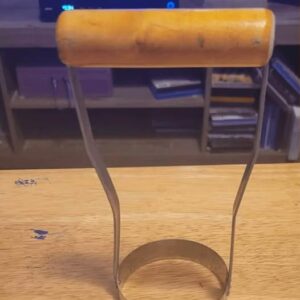Summer’s Hidden Threat: The Assassin Bug
Summer brings warmth, sunshine, and unfortunately, pests. We’re used to ticks and mosquitoes, but now another insect is gaining attention: the assassin bug. Many people haven’t heard of it, but its population is rising, and its bite can be serious. Understanding this bug can help you protect yourself and your loved ones.
What Is an Assassin Bug?
Also called a “kissing bug,” the assassin bug feeds on human and animal blood. When it bites, it often defecates at the site, transferring parasites from its digestive system. This can cause Chagas disease, a condition that sometimes leads to severe complications, including heart problems and even death.
Where They Hide
Assassin bugs are found across most of the United States, especially in the South. They thrive in gardens, under porches, and sometimes inside homes. To reduce their presence, regularly clean up debris, including plant matter.
Recognizing Chagas Disease
Symptoms of Chagas disease can vary. Some common signs include:
-
Headache
-
Fever
-
Rashes
-
Fatigue
-
Vomiting
However, most infected people show no early symptoms. This makes early detection crucial, as the infection can quietly damage the heart over time.
What to Do If You’re Bitten
If you suspect an assassin bug bite, seek medical attention immediately. A blood test can confirm whether you’ve contracted the infection. Early treatment significantly improves the chances of a full recovery.
Stay Alert, Not Afraid
The presence of assassin bugs doesn’t mean you must hide indoors. Instead, stay mindful of your surroundings. Know where they hide, take precautions, and act quickly if bitten. By staying informed, you can keep yourself, your family, and your pets safe.





